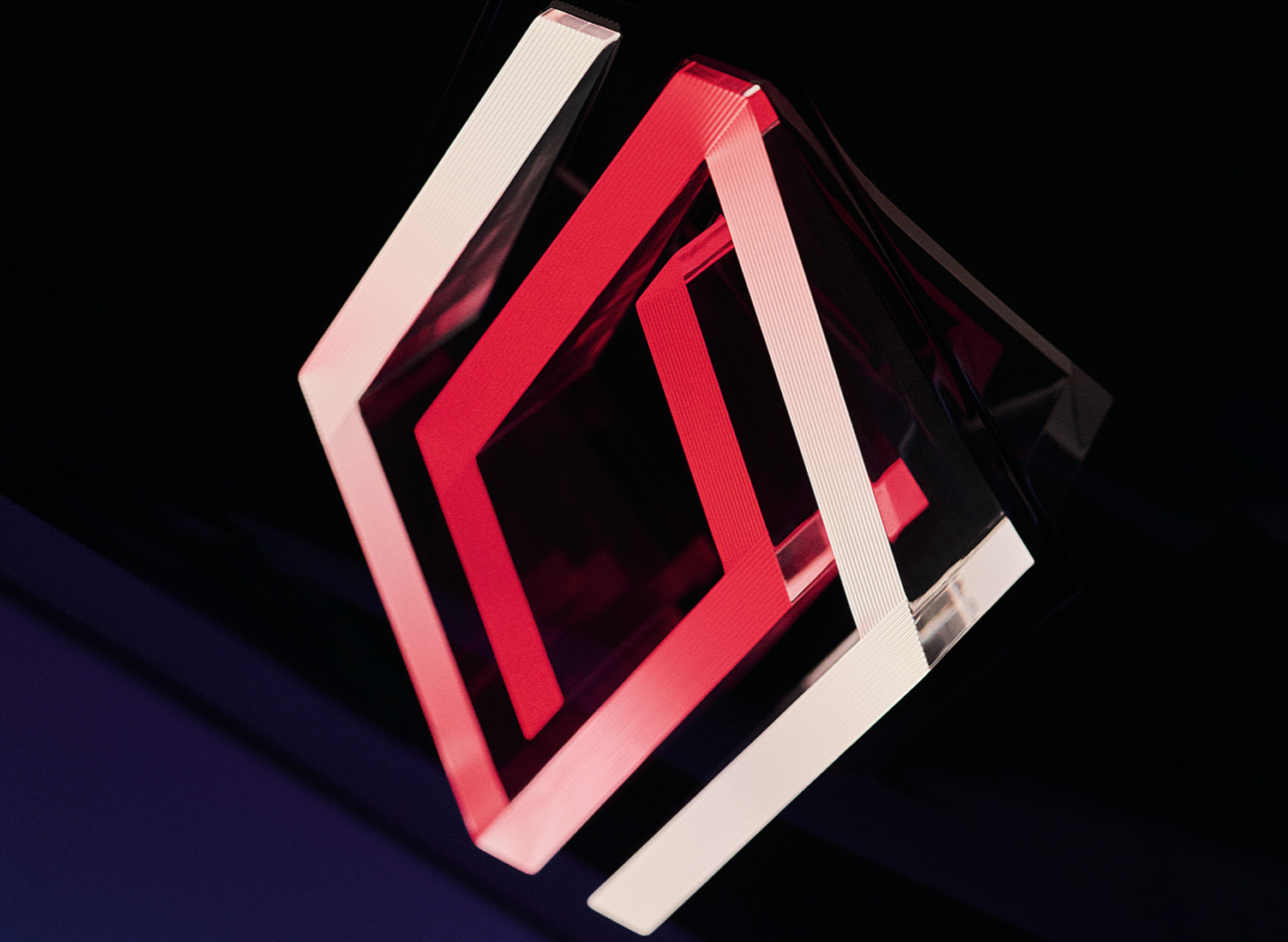
Is Renault brooding on a €20 000 BEV?

According to CEO Luca de Meo, Renault is thinking of an A-segment electric car costing around €20 000 /Renault
French car manufacturer Renault is working on a €20 000 EV to make electric car ownership more mainstream and affordable in Europe. The ca


Comments
Ready to join the conversation?
You must be an active subscriber to leave a comment.
Subscribe Today